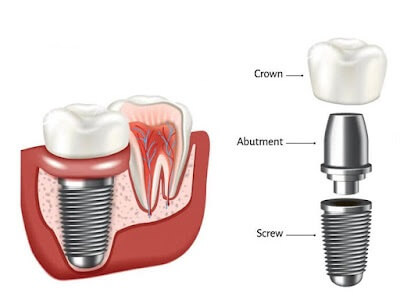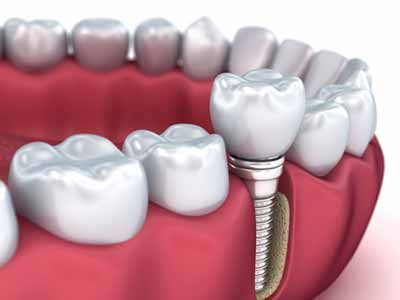


We have answered 3 questions that are often asked about dental implants for you.
One common concern regarding dental implants is the level of pain associated with the procedure. While dental implant surgery is performed under local anesthesia, some discomfort or soreness may be experienced during the healing process. However, the pain is typically manageable with over-the-counter pain medications. Dentists may also prescribe pain relief medications or recommend specific post-operative care instructions to alleviate any discomfort. It is important to note that everyone's pain tolerance varies, and the majority of patients report minimal pain or discomfort after the initial healing period.
The duration of the dental implant process can vary depending on individual factors, such as the patient's oral health, the need for additional procedures like bone grafting, and the complexity of the case. Generally, the process can take several months from the initial consultation to the placement of the final restoration. This timeline includes the healing period after implant placement, which allows the implants to integrate with the jawbone. Following successful osseointegration, the abutment and dental crown are attached to complete the restoration. It's important to note that each patient's treatment plan is tailored to their specific needs, and the dentist will provide a more accurate timeline during the initial consultation.
While dental implants are a popular and successful tooth replacement option, they may not be suitable for everyone. Certain factors, such as oral health conditions, medical history, bone density, and lifestyle habits, need to be evaluated to determine candidacy for dental implants. Patients with healthy gums and adequate bone volume in the jaw are generally good candidates. However, individuals with uncontrolled periodontal disease, systemic conditions that affect healing, or insufficient jawbone density may require additional treatments or alternatives to dental implants. It's important to consult with a qualified dentist or oral surgeon who can assess your specific situation and recommend the most appropriate tooth replacement options.
Copyright @2023, All Rights Reserved By Dental Implant Turkey.